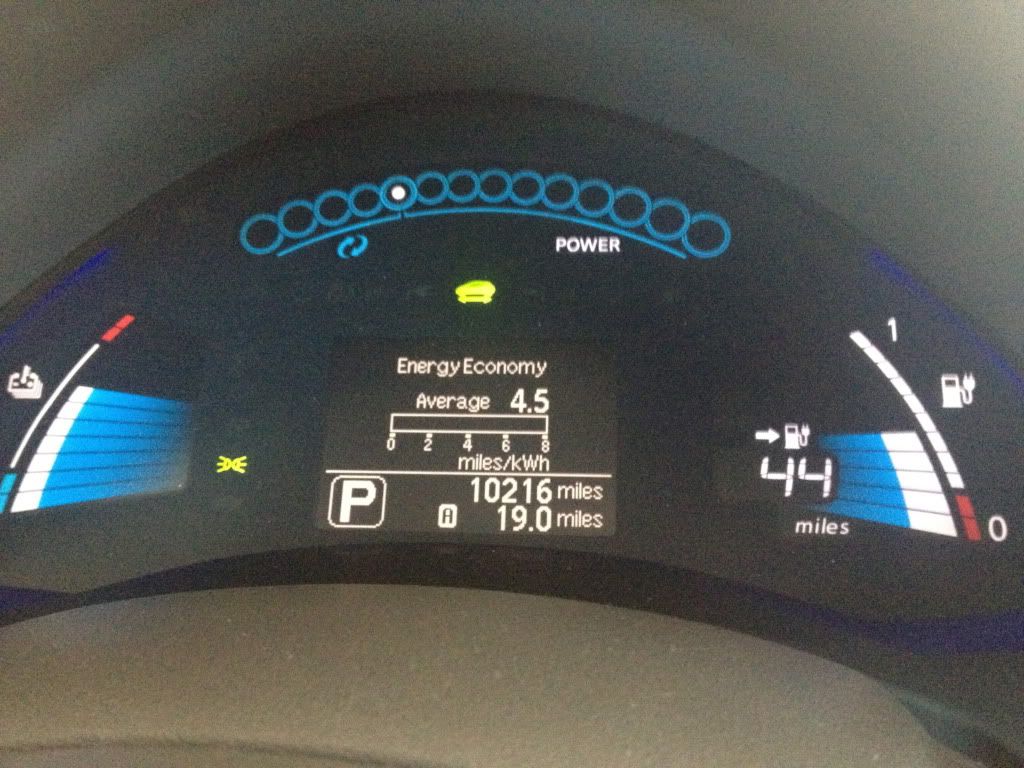I believe it is the charge phase that can be partially endothermic, not discharge, based upon this report I first posted in another thread:TickTock said:Not sure about the Nissan pack chemistry, but many batteries are endothermic during discharge (will actually absorb heat) and exothermic during charging. I suspect this is the case for the Leaf pack since you saw a large rise in temperature during charging and a very small rise during driving (which typically pulls more power then charging). This could also explain why they limit the regen to 20kW but will let you have 80kW for accelleration.
http://www.micro-power.com/userfiles/file/mp_tempcharge-1250026530.pdf
As stated in this report, the endothermic chemistry can be dominated by ohmic losses in the copper conductors, explaining the heating we have seen with QC.
In applying the t^.5 dependence for the time-dependent loss component as mentioned by Stoaty on pg 65 and others, taking Sqrt(years) is not necessarily right. It depends upon where the "knee" in the curve occurs, the point at which "t" is one. I have not seen enough data to conclude that the knee is at 6 months, 9 months, 1 year, or even 1.5 years. The higher this value, the more time it will take before this component slows.
I am willing to agree with the consensus that the time-dependent loss is the largest loss component right now, but I still feel perhaps 30% of more of reported loss might be best-fit correlated with charge cycling, if it turns out that temperature amplifies cycling loss as well as shelf-life loss. If the cycling component is non-negligible now, it will gradually become a bigger fraction of the total loss and our total loss will not "level out" as much as many have hoped.
Those of us with Gid meters in more moderate but still warm climates are showing continued loss. I am hopeful that, by keeping the car out of the sun when parked, and cooling the garage at night, I will not experience a loss of a full capacity bar by October, when the warm weather ends.
Daytime 81-85 F
Night-time 65-65 F
Charge begins 4 am
Now limiting charge to 65-72 % range many nights.
Last charge to 100% June 5: 267 Gids (95%)
80% charges:
5-30: 225 Gids (-2.1 %)
6-9: 223 Gids
6-24: 219 Gids (down 12 Gids from Winter high) -4.3%
I believe it is unrealistic to assume I will lose less than another 12 Gids at 80% by October. The corresponding 100% loss will be proportionately higher, perhaps 12% loss, which will feel quite constraining.

